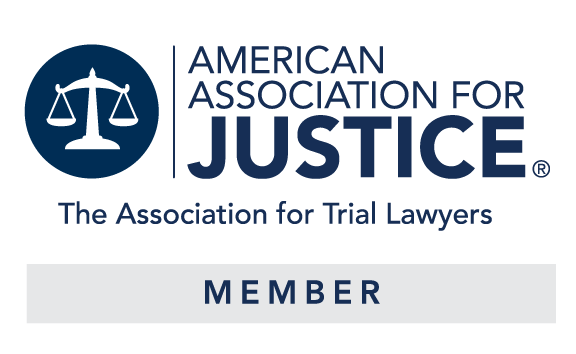Check your homeonwers policy - some conduct may not be covered says the Ohio Supreme Court
/In an opinion issued on December 30, 2010, the Ohio Supreme Court clarified an issue that involves how much "intentional" conduct a homeowner's insurance policy might cover when someone is injured by a person covered under the homeowner's policy. Typically, when a person who is covered by a homeowner's policy (e.g. the homeowner or the residents/family members of the home) accidentally injures another person, the homeowner's policy will provide coverage for the injury. However, over the years, the Ohio Supreme Court has issued opinions which held that certain conduct and harm is not covered by a homeowner's policy - specifically murder and child molestation. In the case of Allstate Ins. Co. v. Campbell, the Ohio Supreme Court also held that certain types of other conduct and harm may also be excluded from coverage - specifically if "the insured’s intentional ACT and the HARM CAUSED are intrinsically tied so that the act has necessarily resulted in the harm." This analysis is to be applied by Courts on a case-by-case basis, and the Courts must also look to the specific language of the specific policy. In this case (the facts are somewhat complicated - a juvenile prank gone very wrong) the Ohio Supreme Court found only one policy was specific enough to exclude coverage while the others were not.
Two importatn things to consider here. First, know that certain types of conduct will not get you coverage under your homeowner policy (e.g. intentional harm and most really reckless/stupid stuff), and that your personal assets may be at risk for damages that may result. Second, read your policy - some policies have much broader exclusion language that others, and expect that most insurance carriers will reword all of their exclusion language now that this decision has been issued.



